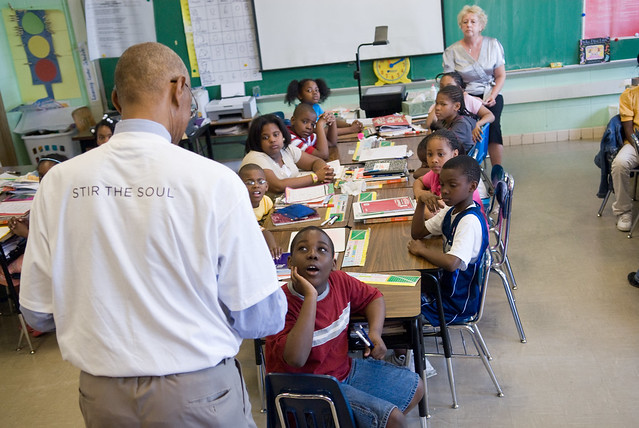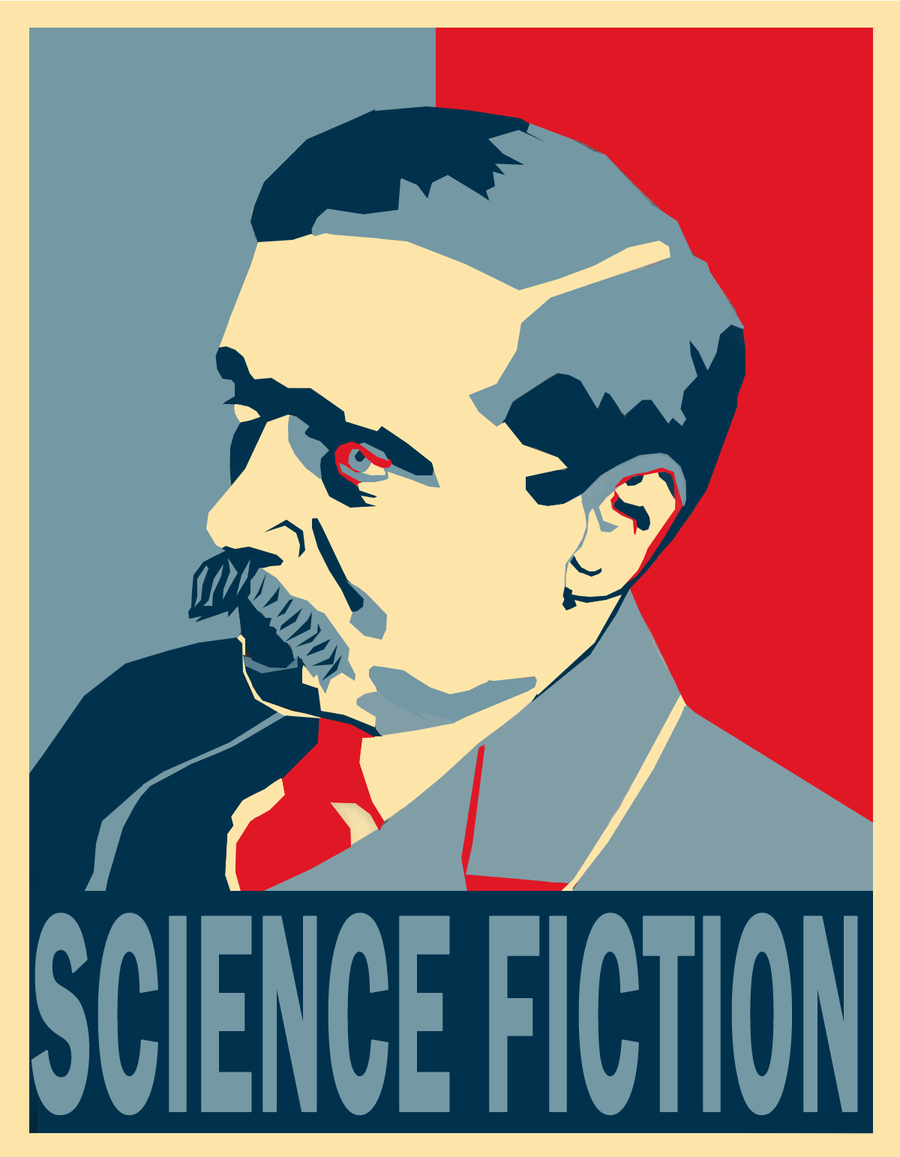I spent the summer months of my time in college as a camp counselor. I worked at Camp Minikani. It was a great gig.
I learned a lot - as much or more than I've learned at any university.
One thing I learned at Minikani was that children do not understand when adults use sarcasm. There's science to back me on this, but my years working with kids had me convinced before anyone sent me the studies.
This was not easy to learn, because even the kids who could use sarcasm didn't understand what I actually meant when I said, "Yeah, setting up your tent on that rock is a great idea."
And to have to learn this lesson when I was 18 or 19 years old?
Those are the years when most people have finally gotten good at sarcasm - the years when sarcasm feels fun and extra-witty.
But I liked my work at Minikani, and that helped me learn to 'say what I mean' when working with children.
And I think that lesson is important when we engage in serious and contentious debate.
It is tempting (and often fun) to use sarcasm when debating with a person who holds a contrary view.
But does it help?
The New York Times ran an op-ed about Idaho's pending gun law today. The legislature is set to allow people to carry guns on university and college campuses. Greg Hampikian, a professor at Boise State, expressed his opposition to lifting the ban, and he did so using a lot of sarcasm.
I really enjoyed reading Hampikian's piece. I thought it was funny. I thought it brought up some great points.
But my mind doesn't need changing. I completely agree with Hampikian. Allowing guns on college campuses is stupid. I say that as a proud member of a campus community where students reacted with non-violent anger after being assaulted by a police officer in 2011.
That would have been a very different incident on a campus where guns were permitted.
But what about people who don't agree with Hampikian? How are they going to react to the tone he uses here:
If two armed students are arguing over who should be served next at the coffee bar and I sense escalating hostility, should I aim for the legs and remind them of the campus Shared-Values Statement (which reads, in part, “Boise State strives to provide a culture of civility and success where all feel safe and free from discrimination, harassment, threats or intimidation”)?There is a great tradition of using sarcasm for rhetorical effect. I love teaching A Modest Proposal, but people with strong convictions need to consider their goals when deciding to use sarcasm.
It is a very effective tool for strengthening the convictions of people who agree with you. If your aim is to move them to action - to press them to stand up and make their opinion heard, then sarcasm might be the right call.
The tone and implications may undermine your message, however, when that sarcasm lands on the ears of people who are are undecided or opposed to your view.
This demonstrates why people engaging in debate via the public discourse have to consider their intentions and goals before deciding on how to frame their argument.
Hampikian will get like-minded people speaking up about the gun issue in Idaho. His op-ed is a strong piece that's fun to read. The pending passage of the law makes it seem like the pro-gun crowd is already active and the pro-regulation crowd has not been active enough. So his strategy is sound.
But I don't think his tone would help him if he was trying to bring people around to his side of the issue.
That's where I think it's useful to look at Bill Nye's performance while debating Ken Ham earlier this month.
But Nye didn't go there.
Nye went into that debate intending to speak to those who disagreed with him and those who were on the fence, and he was more successful than most anticipated.
Nye did so well because he considered the listeners he hoped to reach. Nye decided those people did not need to hear a man of science talking down to a man of faith. They needed to see why and how science moves and inspires so many.
In a discussion of why Nye won that debate, Josh Rosenau wrote:
Nye closed his presentation with an impassioned appeal to the values that made our nation great. The US Constitution exhorts our government and our people to promote the useful arts and sciences. That means promoting evolution, not Ken Ham's creation model.In that situation sarcasm would have backfired. Nye went with sincerity and a heartfelt appeal.
When and where do you think sarcasm is appropriate? Inappropriate? Effective? Ineffective?


















